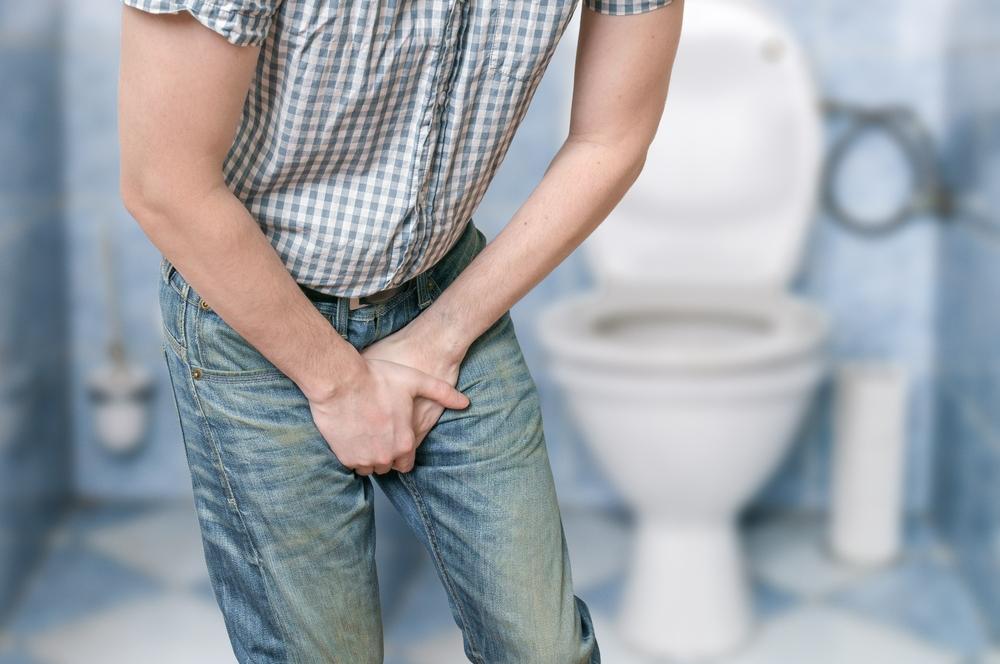Comprehensive Guide to Causes and Effective Treatments for Urinary Frequency
This comprehensive article explores the common causes of urinary frequency, from diabetes to infections, and offers effective remedies including lifestyle changes, herbal treatments, and pelvic exercises. Proper understanding and management can significantly improve urinary health and daily comfort. Seek professional advice if symptoms persist.

Comprehensive Guide to Causes and Effective Treatments for Urinary Frequency
Understanding urinary frequency and exploring effective remedies
Urinary frequency is a common health concern that refers to the urgent need to urinate more frequently than usual, often disrupting daily life and routines. This condition, while common, can be caused by a variety of underlying health issues, lifestyle factors, or environmental influences. Recognizing the root causes of frequent urination is crucial for effective management and treatment. Many individuals experience this symptom at some point, but persistent urgency warrants proper medical evaluation to identify and address the underlying problem.
Urinary frequency may seem minor at first, but when left untreated, it can significantly impact quality of life, leading to discomfort, interruptions during sleep, and increased stress. Factors such as diet, hydration levels, hormonal changes, infections, and chronic conditions like diabetes are often involved. Understanding these contributing factors enables individuals to take proactive steps toward alleviating symptoms and maintaining healthy urinary function.
Research has shown that lifestyle choices, especially high caffeine or tea consumption, can aggravate urinary frequency. Caffeine acts as a diuretic, stimulating increased urine production and bladder activity. Similarly, alcohol and certain artificial sweeteners can irritate the bladder lining, prompting frequent urges to urinate. Thus, making dietary modifications can be an effective part of treatment.
Common Causes of Frequent Urination
Diabetes Mellitus: One of the most prevalent causes of increased urination, diabetes mellitus results from elevated blood sugar levels. The kidneys attempt to remove excess glucose through urine, leading to increased urination and dehydration. Both type 1 and type 2 diabetes can cause this symptom, and managing blood sugar levels is critical for symptom relief.
Diabetes Insipidus: Different from diabetes mellitus, this rare disorder affects the kidneys' ability to conserve water, causing severe dehydration and frequent urination. It involves hormonal imbalances impacting antidiuretic hormone (ADH) production or response.
Pregnancy: During pregnancy, hormonal fluctuations increase blood volume and kidney filtration, resulting in more urine production. The expanding uterus also exerts pressure on the bladder, reducing its capacity and causing frequent urination, especially during the first and third trimesters.
Urinary Tract Infections (UTIs): Infections affecting the urethra, bladder, or kidneys lead to irritation and inflammation, producing a persistent urge to urinate, often accompanied by burning sensation, cloudy urine, or foul odor.
Medications: Certain medications such as diuretics, which promote fluid excretion, or hormonal therapies, can enhance urination frequency. Patients on specific drugs should be aware of this side effect and discuss concerns with their healthcare provider.
Bladder Tumors and Growths: Abnormal growths, including tumors or polyps within the bladder, can cause irritation, swelling, and increased urinary urgency. Blood in the urine (hematuria) is often associated with these conditions, requiring prompt medical evaluation.
Sexually Transmitted Infections (STIs): Infections such as chlamydia, gonorrhea, or other bacterial STIs can lead to inflammation of the urinary tract, disrupting normal urination patterns and causing discomfort.
Dietary and Lifestyle Factors: Overuse of caffeine, alcohol, citrus fruits, carbonated beverages, and artificial sweeteners are known bladder irritants. These substances can inflame the bladder lining, leading to frequent and urgent urination.
Effective Remedies and Lifestyle Adjustments for Urinary Frequency
Herbal and Natural Treatments: Herbal remedies, including traditional Chinese medicine formulations, Ganoderma lucidum (reishi mushroom), corn silk, and capsaicin, have been utilized for centuries to regulate urinary function. These natural solutions often carry minimal side effects and can complement other treatment plans when used under professional guidance.
Maintaining a Balanced Diet: Consuming nutrient-rich foods supports overall health and bladder function. Incorporating foods like pumpkin seeds, boiled spinach, and herbal teas can promote urinary health. Proper hydration is essential, but it should be balanced to avoid excessive fluid intake that might aggravate symptoms.
Pelvic Floor Exercises: Strengthening pelvic muscles through Kegel exercises is a proven method to enhance bladder control. Regular practice can reduce urinary urgency and incontinence, especially for women after childbirth or older adults.
Dietary and Behavior Modifications: Limiting or avoiding bladder irritants such as caffeine, alcohol, spicy foods, processed snacks, and beverages with preservatives can significantly reduce symptoms. Establishing regular urination schedules and avoiding fluid overload before bedtime are also helpful strategies.
Understanding the various causes of urinary frequency and adopting appropriate treatments can effectively alleviate symptoms and improve quality of life. If symptoms persist despite lifestyle modifications, it is crucial to seek medical advice for comprehensive diagnosis and tailored therapies. A healthcare professional can help identify underlying health issues, recommend diagnostic tests, and prescribe suitable medications or treatments based on individual conditions.





